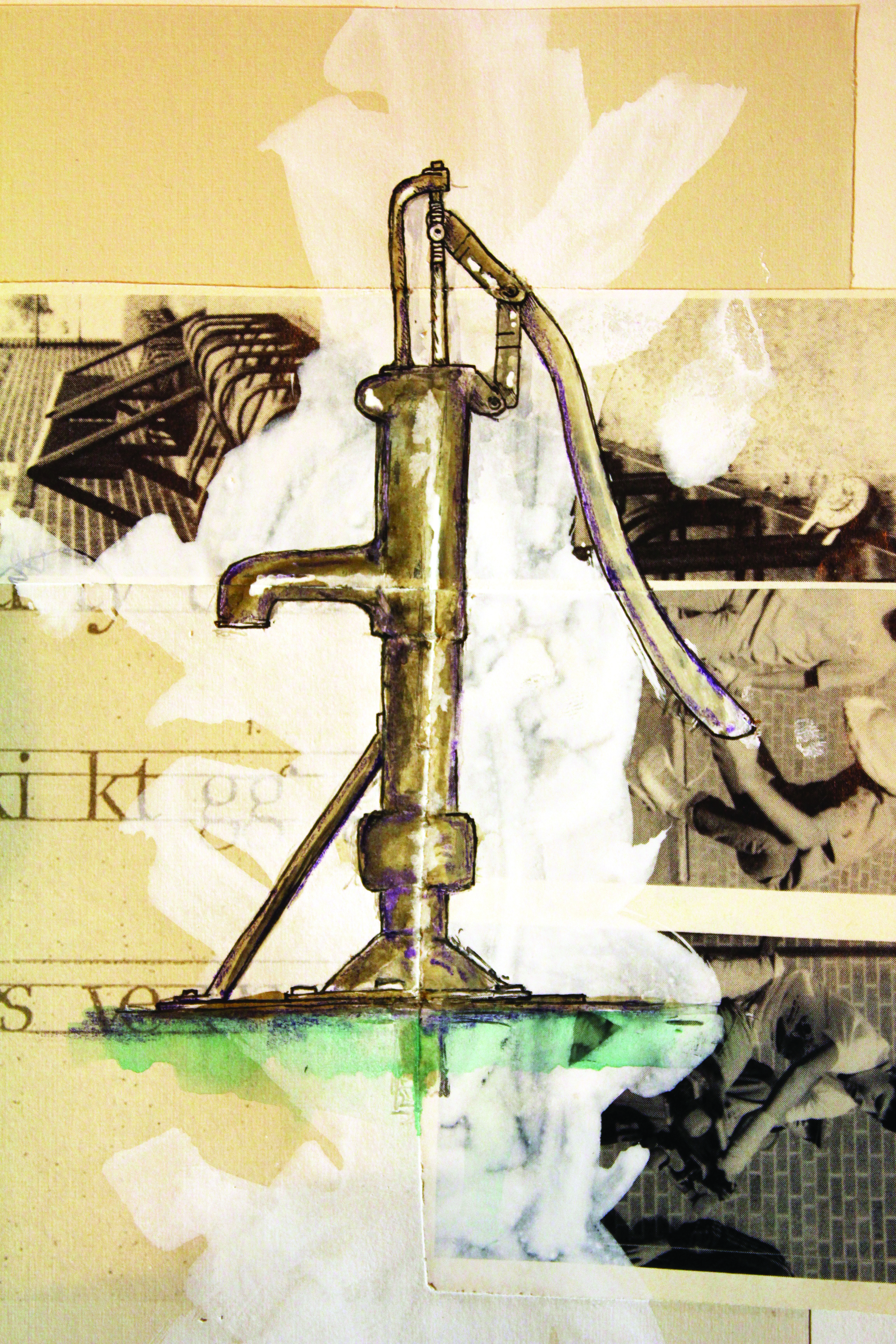A U of M language course teaching Cree avoided cancellation this semester after only one student enrolled.
Samuel Robinson, a student at U of M, is the only person enrolled in the university’s intermediate Cree course. Despite the low enrolment, instructor Ken Paupanekis agreed to continue with the course because he considers passing on the language to be important.
“Normally, they would cancel a course if there’s only one student,” Paupanekis explained. “I said, ‘well, I know that Sam is interested, and he’s a fluent speaker.’”
“That’s very important because we’re always looking for people to be instructors, and you need to know about the language.”
Robinson learned Cree as his first language, and grew up around family that spoke Cree frequently.
Statistics Canada reported this year that the number of children eight years of age or younger who can speak an Indigenous language increased from 11,715 in 2016 to 28,755 in 2021. However, many Indigenous languages in Canada are in decline.
The Assembly of First Nations states that languages allow Indigenous peoples to “share and communicate culture, world views, knowledge systems, values, traditions, customs, history, spirituality, and social and political identity to future generations.”
Paupanekis said that the university told him he could teach the course but would have to accept being paid significantly less than what he would normally earn, but he told the university that the pay cut didn’t matter to him.
He said that several years ago, low enrolment led to the cancellation of another one of his classes when only one student registered.
Robinson argued that the university could do more to advertise these language classes.
“I see little paper posters on bulletin boards, but I feel like that’s not enough,” he said.
“If you’re not looking for it, you’re not going to see it.”
The U of M’s department of Indigenous studies offers Indigenous language minors in Anishinaabemowin — also known as Ojibwe — and Cree.
Paupanekis said that one of the difficulties of teaching Indigenous language classes in schools is that teaching these languages is a specialized skill. He said that there are very few educational materials focused on Indigenous languages, which forces many teachers to create their own.
Paupanekis stressed the importance of community support in the development of Indigenous language classes. He gave the example of one Indigenous community that he helped develop Indigenous language courses for, which supported the development of the Cree courses by changing many street and building signs to read in Cree.
Oral tradition is a prominent aspect of many First Nations cultures. Robinson is currently collaborating with one of Paupanekis’s former students to improve Cree language labs by making them more interactive, with the goal of helping students to further engage in the oral component of language learning.
“You don’t just read it, you hear people talking,” Paupanekis said.
“That’s what we’re trying to emphasize, is the oral component, because it often gets left out.”



